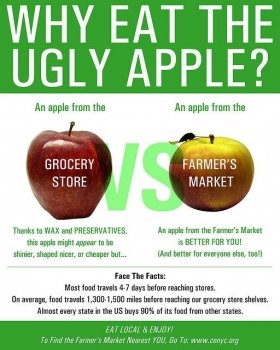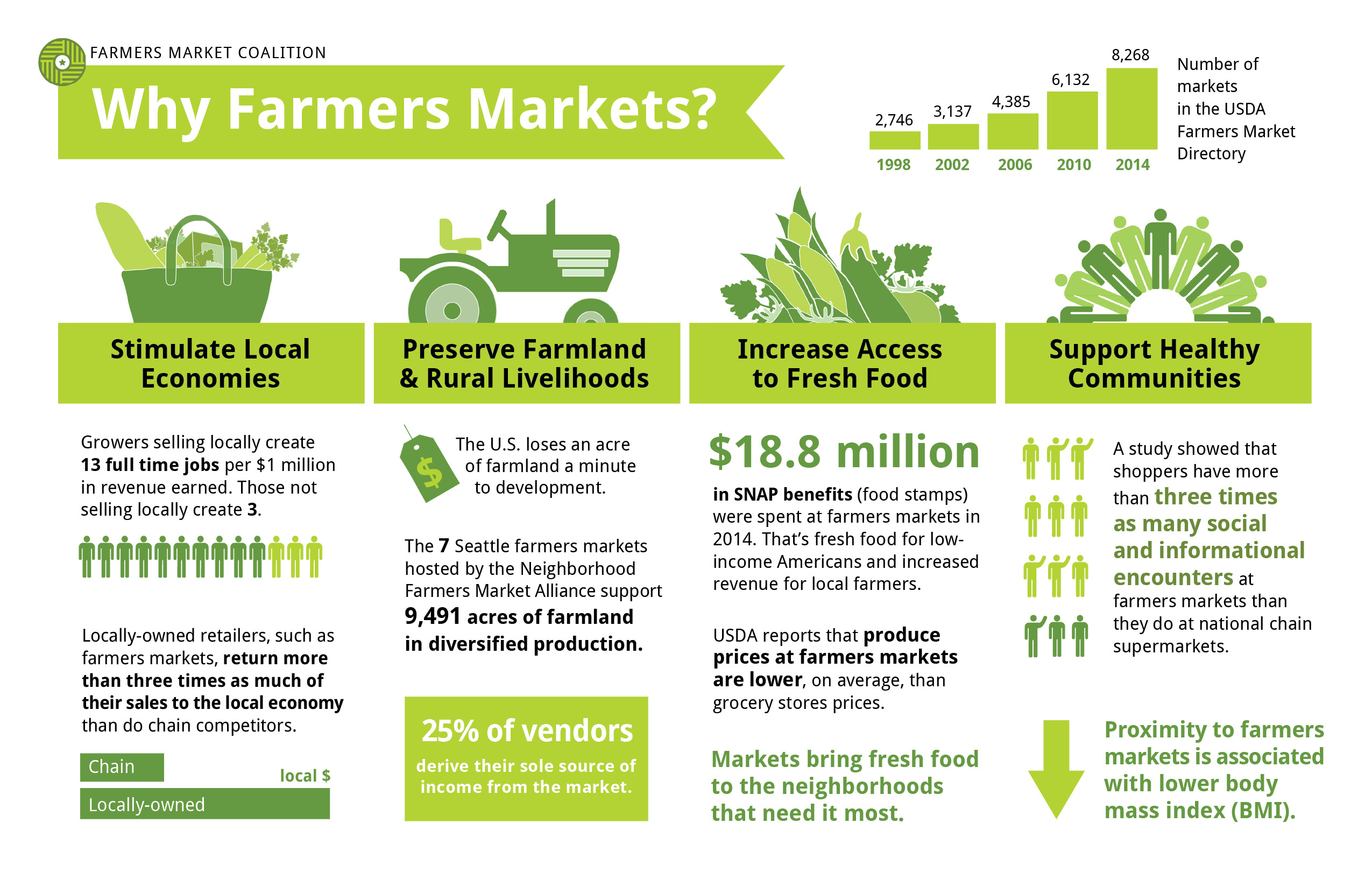This study investigates the history and evolution of the concept of ‘local food
 This study investigates the history and evolution of the concept of ‘local food’ in Australia from the late 18th to the early 21st century. It does so by examining and explaining the meanings attached to and conveyed by local foods within their social-historical context. This is the first academic inquiry into the history of local foods in Australia and thus it makes an original contribution to the fields of Australian history, food history and marketing studies. The thesis argues that a preference for local food did exist in the post-1788 environment and supports this argument with the identification of various factors that were responsible for distinguishing local foods in Australia, including government intervention, industrialisation, marketing and the desire to develop a cultural identity separate from Britain, promoting a fierce independence reflected in the production of branded Australian-made products starting around the time of Federation. Using a history of commodities approach to link the production and consumption of local food products in four case studies, the main forces driving the connections to local foods are documented. The thesis contends that definitions of ‘local’ and understandings of the benefits associated with local foods have clearly shifted over time and the changes in meanings make it confusing for today’s consumers, meaning there are a number of fundamental uncertainties relating to how the distinctive characteristics of local foods may be determined, and how the special end qualities of such products may be understood or identified.
This study investigates the history and evolution of the concept of ‘local food’ in Australia from the late 18th to the early 21st century. It does so by examining and explaining the meanings attached to and conveyed by local foods within their social-historical context. This is the first academic inquiry into the history of local foods in Australia and thus it makes an original contribution to the fields of Australian history, food history and marketing studies. The thesis argues that a preference for local food did exist in the post-1788 environment and supports this argument with the identification of various factors that were responsible for distinguishing local foods in Australia, including government intervention, industrialisation, marketing and the desire to develop a cultural identity separate from Britain, promoting a fierce independence reflected in the production of branded Australian-made products starting around the time of Federation. Using a history of commodities approach to link the production and consumption of local food products in four case studies, the main forces driving the connections to local foods are documented. The thesis contends that definitions of ‘local’ and understandings of the benefits associated with local foods have clearly shifted over time and the changes in meanings make it confusing for today’s consumers, meaning there are a number of fundamental uncertainties relating to how the distinctive characteristics of local foods may be determined, and how the special end qualities of such products may be understood or identified.
